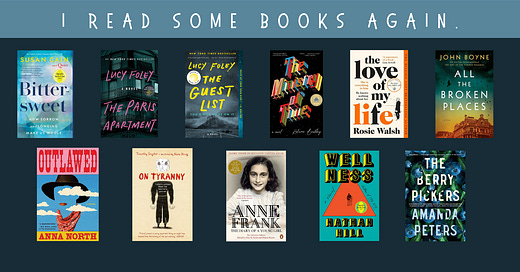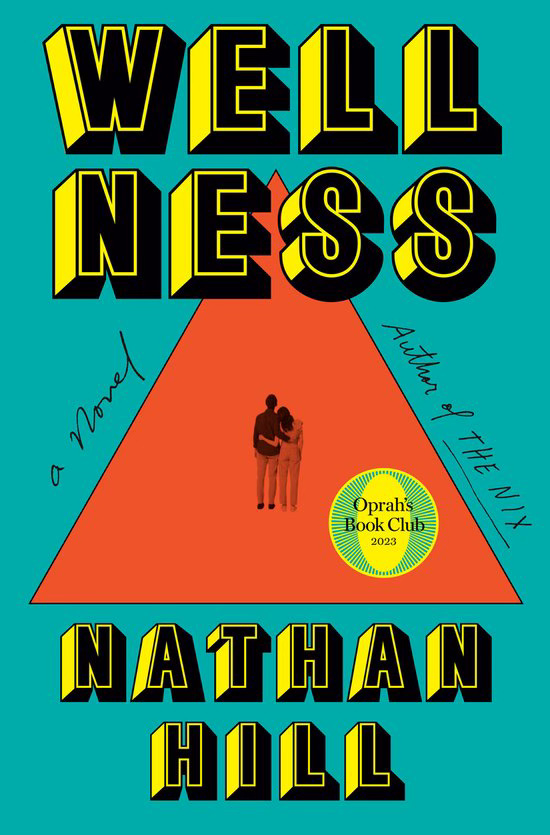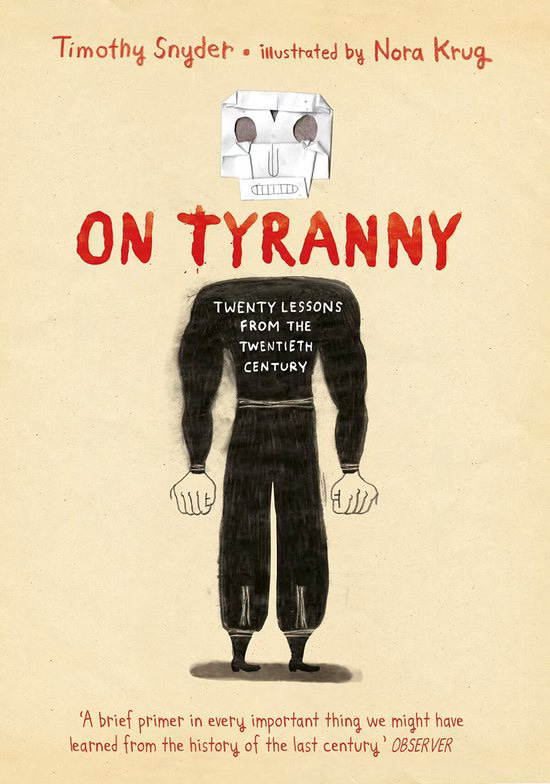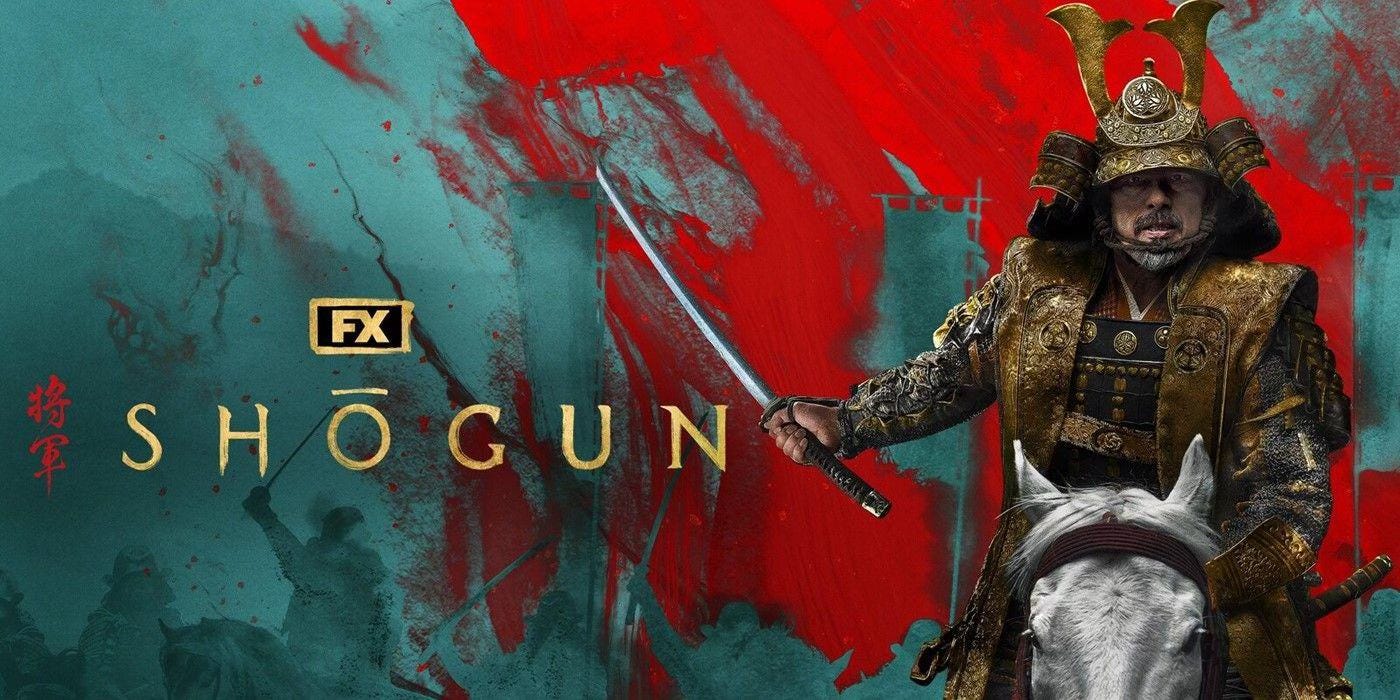Welcome to Worth It, a monthly(ish) round-up of the very best of what I’m reading, watching, listening to, and occasionally even cooking. Only the things absolutely worth your valuable minutes.
Let’s hit the highlights:
Airport Fiction
You can probably tell I went down an “airport book” rabbit hole recently. I read The Guest List (Lucy Foley) and liked it better than I thought I would. So I read her other book The Paris Apartment—and was not as impressed. The Love of My Life is a different author but similar style, and it was also pretty good. All easy, mystery-style books perfectly serviceable for a day on the beach.
Fiction Fiction
I adored The Ministry of Time (Kaliane Bradley) … but I acknowledge it’s not for everyone. It’s a time travel love story with touches of dystopia. Also, it is hilarious. She began writing it as a joke between friends, and it reads that way throughout (like the author is having fun with it). But it’s weird, and the jokes are often so erudite that they require a pause in reading. Still, I loved it.
I also loved Wellness (Nathan Hill), and I’ll probably read his other novel The Nix. Wellness intimately follows a marriage over decades. It reminded me a little of Meg Wolitzer’s novels or maybe Lauren Groff. My one beef is that sometimes Hill goes on tangents (once for an entire chapter) about what you can tell are obviously his hobby horses. An editor might have cut them—but, arguably, they’re too clever to cut.
If you like historical fiction, John Boyne is always a winner. I’m on a real WWII reading kick, so this was germane, as it follows the life of the daughter of a Nazi leader who must hide her identity after her father is hanged post-war for his crimes. I wish I’d known All the Broken Places is sort of a sequel to The Boy in the Striped Pajamas, something I didn’t figure out until almost the end.
Nonfiction
I started Bittersweet (by the author of Quiet) ages ago but never finished it. This isn’t because it wasn’t good; I just got distracted. So I finished this one up and really enjoyed Cain’s blend of personal narrative and light research into the “bittersweet” or melancholic personality type. If you are a bittersweet-type (or love one), you’ll enjoy this.
I mentioned buying On Tyranny: Twenty Lessons from the Twentieth Century in the gift shop of the Anne Frank House in Amsterdam. I read it in one night and found it incredibly powerful. Snyder uses examples from European movements toward authoritarianism (in Poland, Russia, and Germany) to illustrate how fascism happens over time in small ways, and how it can be stopped by individuals willing to pay attention. The subject matter is hard, but it’s not a difficult read otherwise. Even better, this version of the book is movingly illustrated by Nora Krug. Highly recommend.
I also re-read The Diary of Anne Frank before traveling to Amsterdam. Coupled with the visit to the Secret Annex, it was one of the more powerful experiences of my life.
I already told you to watch Shogun. Beautiful sets, incredible acting, robust story. I fell in love with Hiroyuki Sanada, especially after watching the Behind the Scenes clips. Five stars.
It takes a few episodes to get the hang of it, but if you haven’t already seen it, Curb Your Enthusiasm is a fun, 23-minute watch at the end of the day. It’s also super cringe, in a mostly hilarious way.
Origin is a film about Isabel Wilkerson, author of Caste: The Origin of Our Discontents. I have the book but have only read maybe a tenth of it so far. The movie, which explores the connection between caste distinctions in Nazi Germany, present-day India, and American slavery, is powerful even if you haven’t heard of the book.
The humanities, rightly understood, are the things that technology cannot take away or substitute for. Of course, I don’t mean ‘humanities’ in the way that they’ve been hijacked as ideological programs of cultural change by many elite universities. I mean humanities broadly understood as the exploration of what it truly means to be human and the skills and practices of being and doing those things. The humanities are “the study of history, philosophy and religion, modern and ancient languages and literatures, fine and performing arts, media and cultural studies, and other fields.”1 The thread that unites them all is the training of the senses—helping humans to be able to see, hear, touch, feel, and taste in a way that helps us enter into the mystery of the human experience at a deeper level.
Tomorrow is a Place by Sanna Wani
We meet at a coffee shop. So much time has passed and who is time? Who is waiting by the windowsill? We make plans to go to a museum but we go to a bookshop instead. We’re leaning in, learning how to talk to each other again. I say, I’m obsessed with my grief and she says, I’m always in mourning. She laughs and it’s an extension of her body. She laughs and it moves the whole room. I say, My home is an extension of my body and she says, Most days are better with a long walk. The world moves without us—so we tend to a garden, a graveyard, a pot on the windowsill. Death is a comfort because it says, Transform but don’t hurry. There is a tenderness to growing older and we are listening for it. Steadier ways to move through the world and we are learning them. A way to touch your own body. A touch that says, Dig deeper. There, in the ground, there is our memory. I am near enough my roots. Time is my friend. Tomorrow is a place we are together.















Thanks for this: Death is a comfort because it says, Transform but don’t hurry.
I love John Boyne. The Hearts Invisible Furies is 10/10!